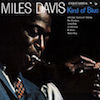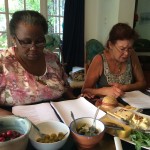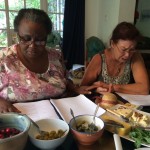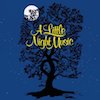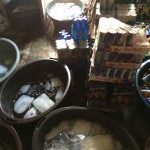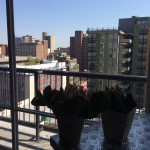15 November, 2014
“Two Women” Play Reading: Draft 3
Keketso and Dorothy read through the 3rd draft of my play “Two Women” this weekend. It’s finally getting into some decent shape (after frantic rewrites over the weekend.) I keep telling myself I should be better at this, faster, smarter, less prone to the mistakes and habits I keep falling into. But so it goes . . .
Interesting as the drafts are getting better the play becomes more controversial – people have stronger feelings about the characters and what should happens to them. “No, she shouldn’t leave!” “No, she can’t die like that!” Being a writer is kind of amazing – I’ve birthed two new begins into the world that now have to make their way.
The play will premiere in South Africa in July, 2015
8 November, 2014
Club Success (this time around)
In the afternoon I started to pray for rain (to shut down our celebrity competitor who was holding his event outside) but then I decided I was being vindictive and so I prayed for ease and blessing for the benefit of all sentient beings. Who knows – maybe it worked.
In the end it did pour, and people did come to us – 450 in total. Maybe we’ve stumbled onto something – the bartenders? (see the first few photos), the music?, the spot?, the vibe? We’ll see again next month.
P.s. – you can see me walk by in photo 10 if you look hard enough.
Battle of the Queens: More Nightclub Dramas
Some unnamed celebrity is trying to take us down by opening a rival club on the same night! (think rhymes with “my sweetie” or “eat more wheaties.”)
We’re doing a tribute to the late great singer Lebo Mathosa. Our rivals have done a flier, reprinted ours (on right) and added the caption. The battle is on!!!!!
25 October, 2014
Joburg Beauty
I forgot the beauty of Johannesburg in spring . . .
18 October, 2014
Nightclub Debut
We opened the club a couple weeks ago – I’m still recovering.
On the one hand it was great – 300+ people showed up, a beautiful space, really nice vibe, a mix South African and other African guests. My favorites were the Congolese diamond traders that showed up early and didn’t speak English but kept changing US$100 bills with me – the new ones I had never seen before and thankfully were not counterfeit.
On the other hand it was a rough – alcohol stolen, we lost money because not enough people came and they didn’t drink enough, some of us worked our asses off while it seemed the bartenders thought their job was just to keep oiling their chests and do a police uniform dance/strip tease that went on for a very long time.
We’ll see how the next one goes . . . .

